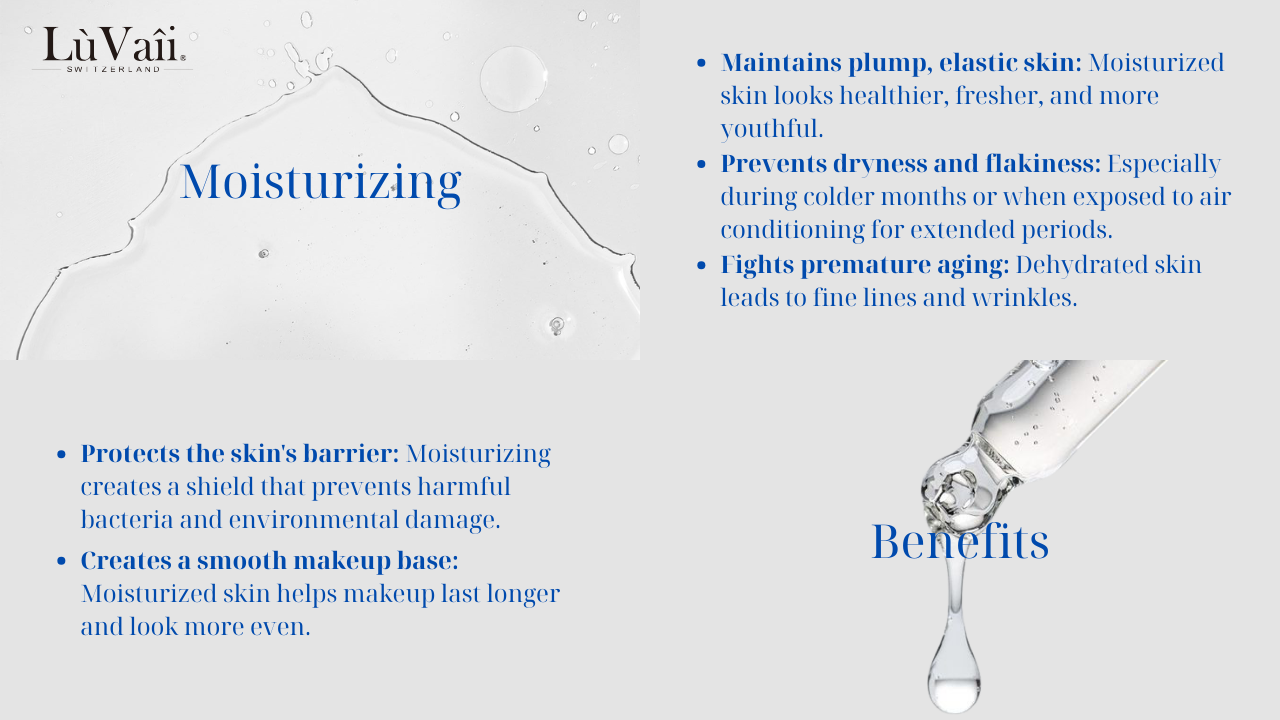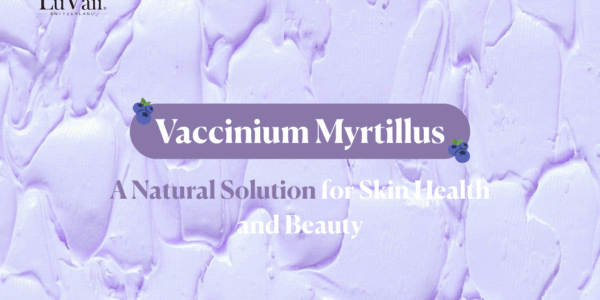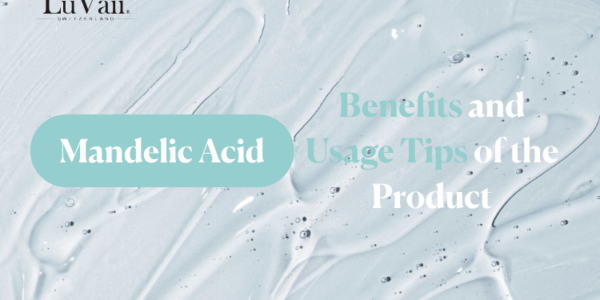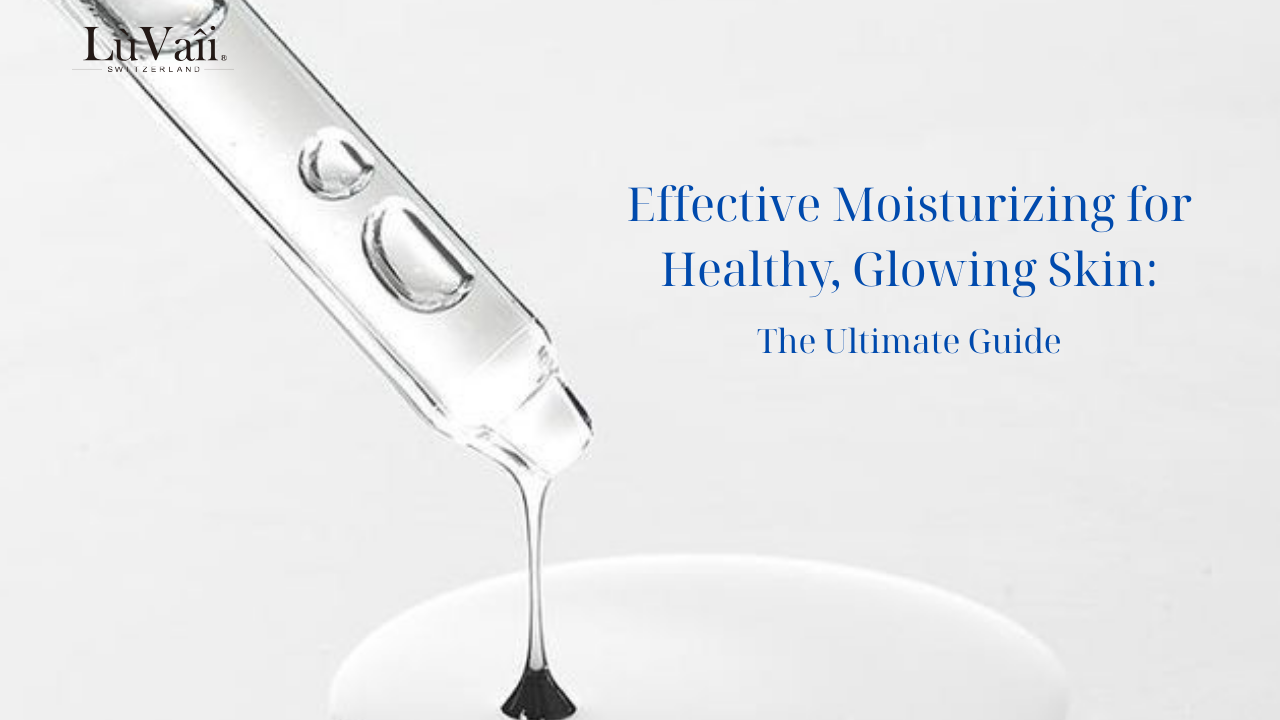
Effective Moisturizing for Healthy, Glowing Skin: The Ultimate Guide
Table of content
Introduction
Moisturizing is the cornerstone of every skincare routine. Whether you have oily, dry, or sensitive skin, ensuring that your skin stays hydrated is essential for its health. Skin is the body’s first line of defense against environmental factors, and if it lacks proper hydration, it can become dry, irritated, and prone to premature aging.
But why is moisturizing so important? What are the best moisturizers for each skin type? In this comprehensive guide, we will dive into everything you need to know about moisturizing — from its benefits, how to choose the right moisturizer for your skin type and tips that can enhance your routine.
Benefits of Moisturizing
Why is moisturizing the “key” to healthy skin?
Many people assume that moisturizing simply makes the skin feel softer, but it does much more than that. Here are the key benefits:
- Duy trì độ căng mịn, đàn hồi: Khi đủ ẩm, làn da luôn sáng khỏe, tràn đầy sức sống.
- Maintains plump, elastic skin: Moisturized skin looks healthier, fresher, and more youthful.
- Protects the skin’s barrier: Moisturizing creates a shield that prevents harmful bacteria and environmental damage.
- Fights premature aging: Dehydrated skin leads to fine lines and wrinkles.
- Creates a smooth makeup base: Moisturized skin helps makeup last longer and look more even.
In other words, moisturizing is not just a beauty step — it’s essential for maintaining healthy skin.
How to Choose the Right Moisturizer for Your Skin Type
Each skin type has different needs when it comes to moisturizing. Using the wrong product can lead to breakouts, irritation, or insufficient hydration.
Moisturizing for Oily and Acne-Prone Skin
- Opt for gel-based or lightweight lotions, and avoid creams that contain heavy oils.
- Look for products that contain Niacinamide or Hyaluronic Acid to balance oil and moisture.
Moisturizing serum
- Light liquid texture, deep penetration, containing strong active ingredients.
- Đặc biệt thích hợp cho người muốn phục hồi da thiếu ẩm nghiêm trọng.
Moisturizing Gel
- Transparent, lightweight, and fast-absorbing.
- Best suited for oily skin or combination skin.
Lotion or Emulsion
- Lighter than cream, absorbs quickly, and causes minimal clogging.
- Great for sensitive skin or normal skin types.
Body Moisturizers
- Includes body lotions and body creams.
- Moisturizing your body is just as important as your face to avoid dry, cracked skin.
How to Choose the Right Moisturizer for Your Skin Type
Each skin type has different needs when it comes to moisturizing. Using the wrong product can lead to breakouts, irritation, or insufficient hydration.
Moisturizing for Oily and Acne-Prone Skin
- Opt for gel-based or lightweight lotions, and avoid creams that contain heavy oils.
- Look for products that contain Niacinamide or Hyaluronic Acid to balance oil and moisture.
Moisturizing for Dry Skin
- Choose rich creams that are packed with Ceramides and Collagen.
- Consider adding oil-based products to seal in moisture throughout the day.
Moisturizing for Sensitive Skin
- Go for simple formulas without fragrance or alcohol.
- Lightweight lotions are often best, with minimal ingredients.
Moisturizing for Combination Skin
- Use a hydrating serum for the entire face.
- Apply gels to oily areas and creams to drier zones.
Moisturizing for Normal Skin
- You can mix and match between cream or lotion, as normal skin can handle both types.
- Use a balanced product with easy absorption and minimal additives.
Timing and Techniques for Effective Moisturizing
To make the most of your moisturizer, timing and method matter.
- Morning: Cleanse → Toner → Serum → Day Cream → Sunscreen.
- Night: After applying serum, use a Night Cream for extra hydration while you sleep.
- After Cleansing: Always apply moisturizer when your skin is still slightly damp to help it absorb more effectively.
A common mistake is either using too much moisturizer, leading to clogged pores, or skipping this step altogether because of oily skin.
Key Moisturizing Ingredients to Look For
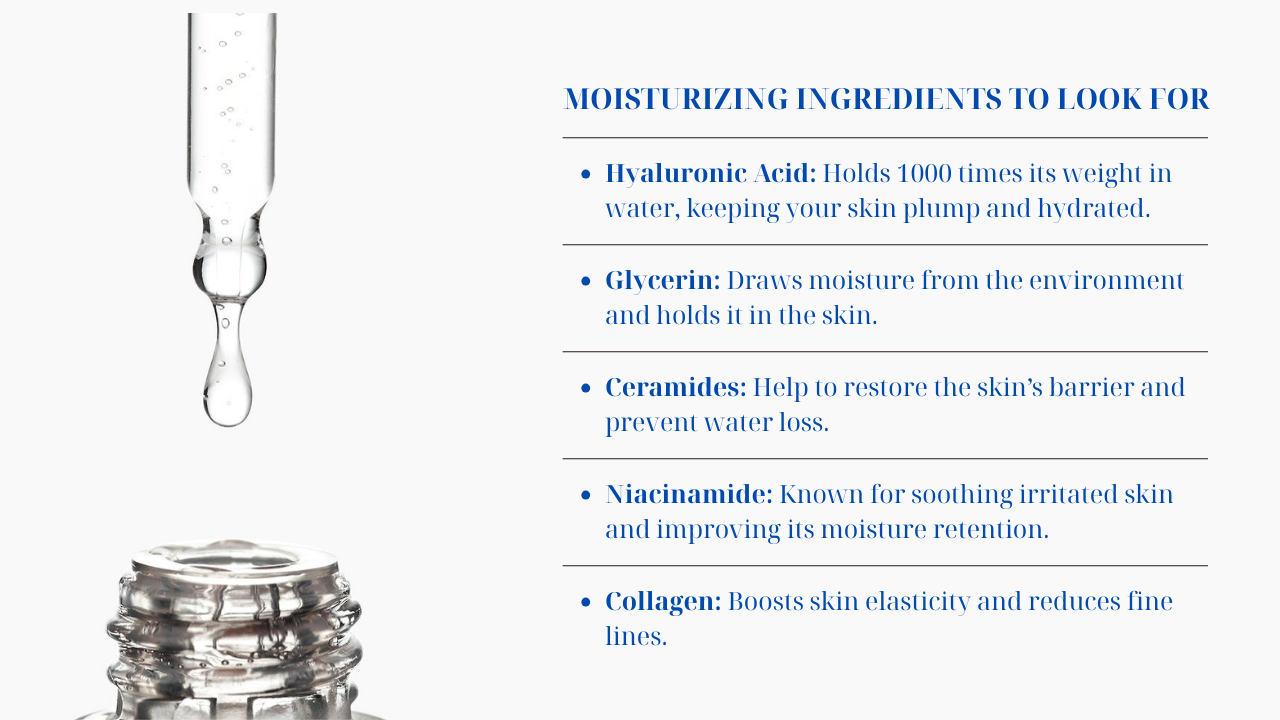
Hyaluronic Acid: Holds 1000 times its weight in water, keeping your skin plump and hydrated.
- Hyaluronic Acid: Holds 1000 times its weight in water, keeping your skin plump and hydrated.
- Glycerin: Draws moisture from the environment and holds it in the skin.
- Ceramide: Help to restore the skin’s barrier and prevent water loss.
- Niacinamide: Known for soothing irritated skin and improving its moisture retention.
- Collagen: Boosts skin elasticity and reduces fine lines.
When choosing a moisturizer or hydrating serum, prioritize products with these ingredients for the best results.
Moisturizing for Different Seasons and Skin Conditions
Moisturizing in Summer
- Use light, oil-free gels or lotions that are refreshing and breathable.
- Avoid heavy oils that can clog pores in hot weather.
Moisturizing in Winter
- Opt for thicker creams with more emollients to provide a barrier against dry, cold air.
- Add body moisturizers to your routine to prevent your body from becoming dry or cracked.
Moisturizing After Treatments (Retinol, BHA, AHA)
- Your skin may become dry and flaky after exfoliating treatments, so make sure to use a hydrating serum packed with Hyaluronic Acid.
- Stick to soothing creams with Ceramides to prevent further irritation.
Moisturizing When Your Skin Is Irritated
- Choose calming, non-irritating moisturizers with gentle ingredients.
- Avoid active ingredients that might cause further discomfort.
Aqua Light Moisturizing Serum
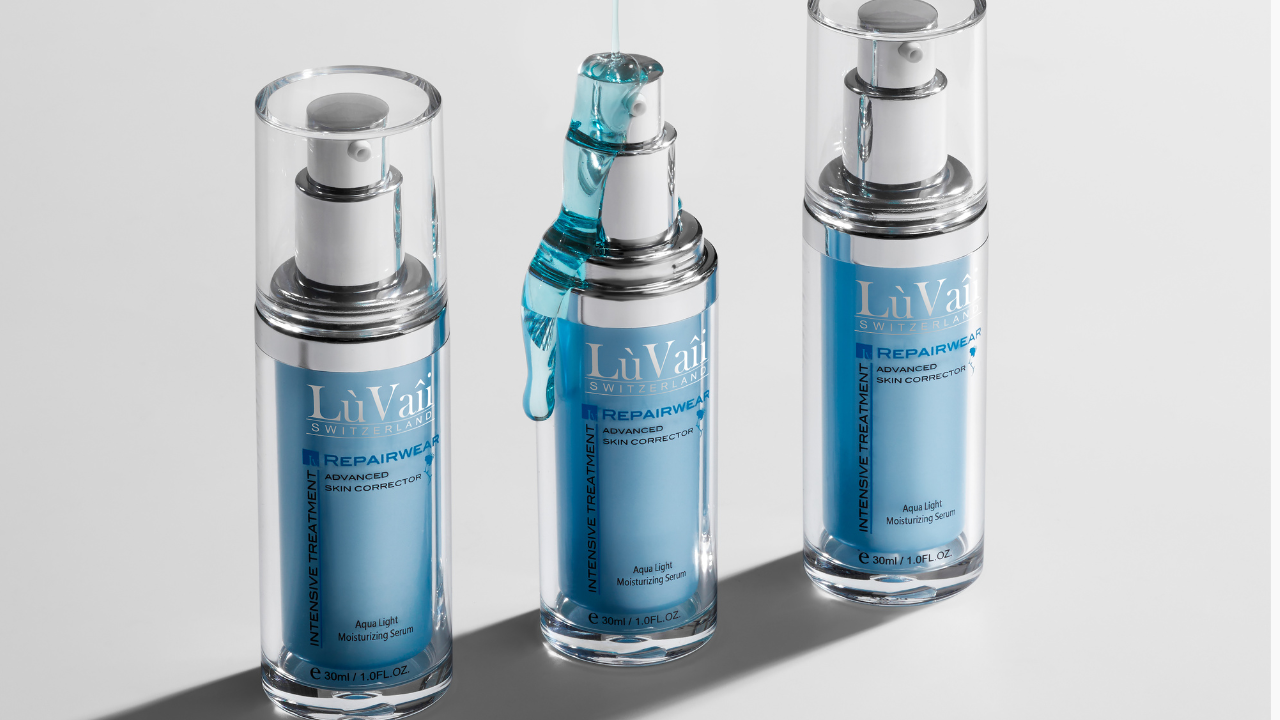
Aqua Light Moisturizing Serum
If you’re looking for a hydrating serum that is lightweight yet effective,, Aqua Light Moisturizing Serum is a perfect choice. Designed with a thin, fast-absorbing texture, this serum works well for both oily and sensitive skin. Its formulation includes Hyaluronic Acid and natural moisturizing ingredients that keep your skin hydrated all day long, giving you a
FAQ
- What does moisturizing do for my skin?
It helps the skin stay soft, preserves the skin barrier, and prevents early aging. - How many times a day should I moisturize?
At least twice — in the morning and at night. - Do oily skin types need moisturizing?
Yes, oily skin still needs hydration — use gel-based or lightweight lotions. - When is the best time to moisturize my skin?
Right after cleansing when the skin is still slightly damp to lock in moisture. - Should I moisturize before applying makeup?
Yes, moisturizing before makeup helps create a smooth base and longer-lasting makeup. - What’s the difference between moisturizing and hydrating?
Hydrating adds water to the skin, while moisturizing locks that hydration in and prevents water loss. - Which moisturizer is best for sensitive skin?
Choose products with minimal ingredients, no fragrance, and those containing Ceramides. - Can I use facial moisturizer for my body?
Not recommended as body skin is thicker and may need more emollient-rich products.
Conclusion
Moisturizing is not just a beauty step — it’s essential for skin health. Whether it’s moisturizing creams, serums, or moisturizing gels, the key is to choose the right product for your skin type and lifestyle. When done correctly, moisturizing helps prevent skin dryness, irritation, and premature aging.
Start incorporating a good moisturizing routine today, and consider trying Aqua Light Moisturizing Serum for an extra boost. Healthy, hydrated skin is just a moisturizer away!
